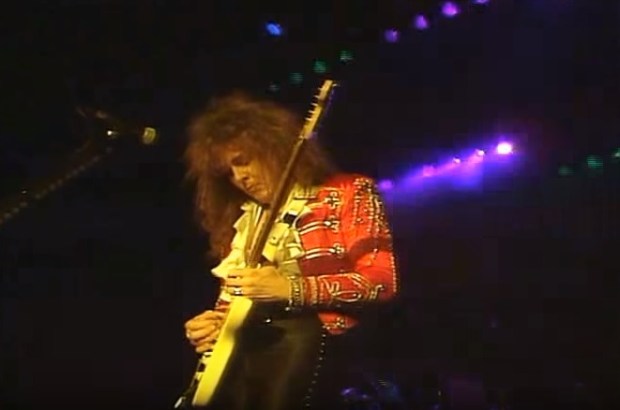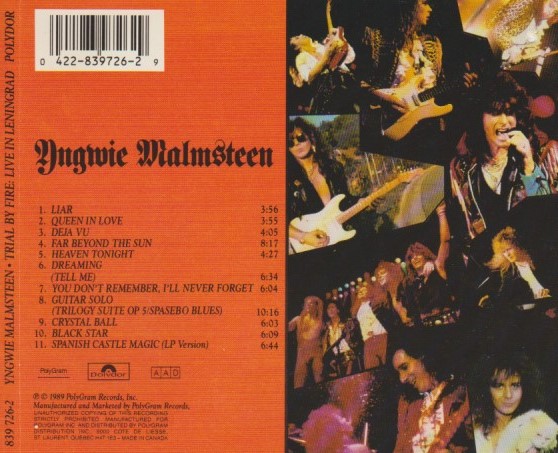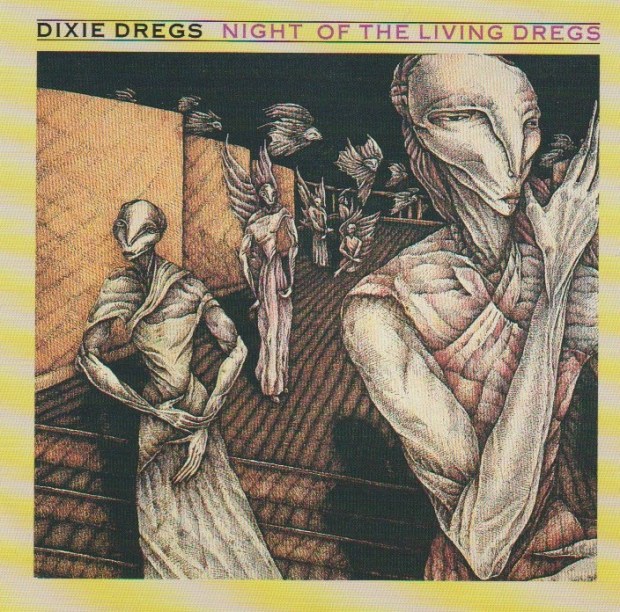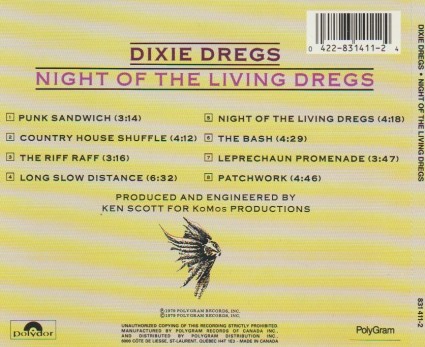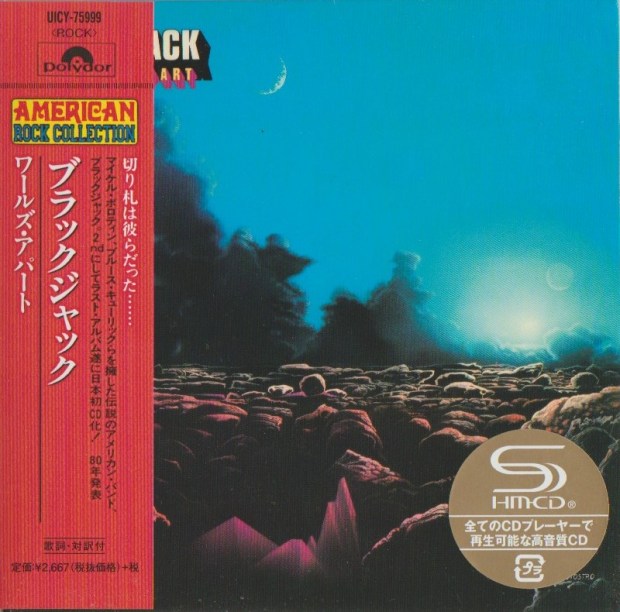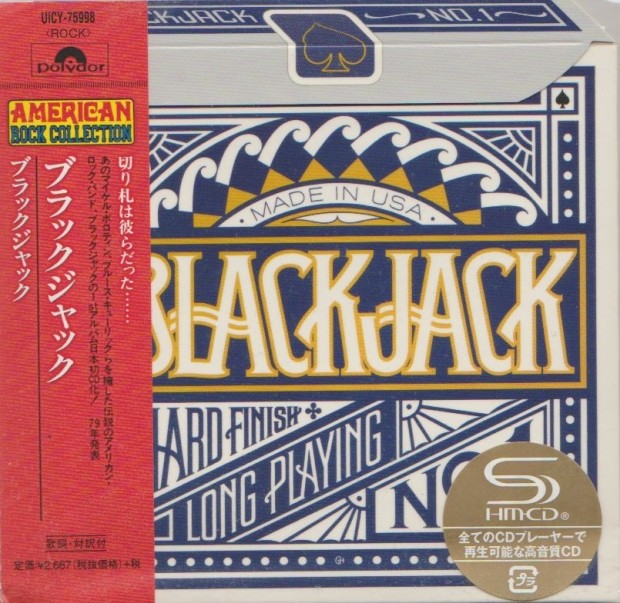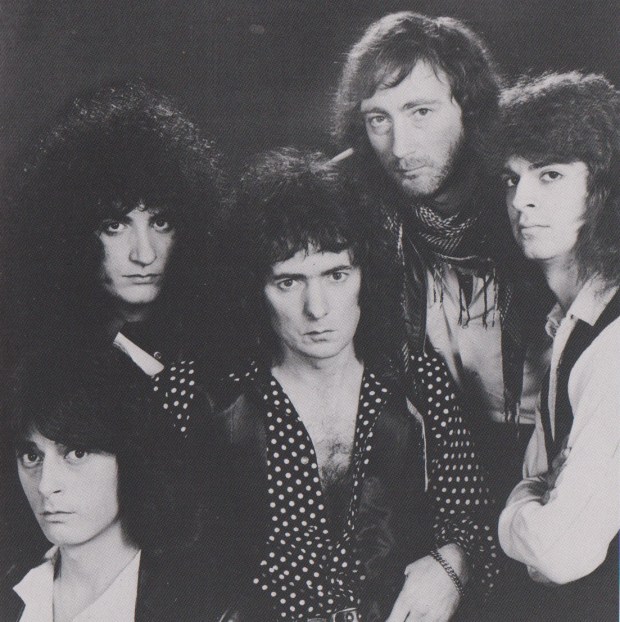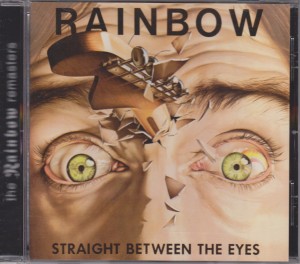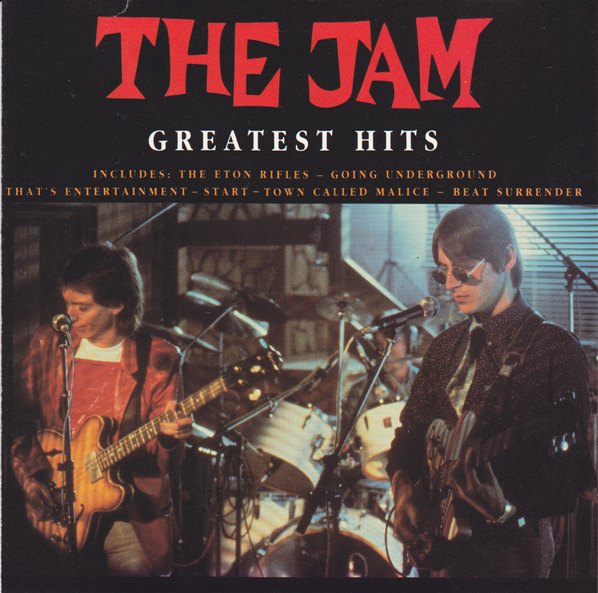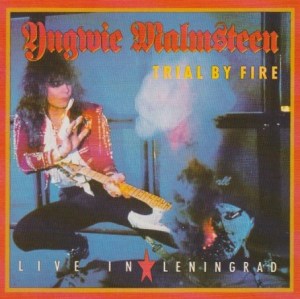 YNGWIE MALMSTEEN – Trial By Fire: Live in Leningrad (1989 Polydor)
YNGWIE MALMSTEEN – Trial By Fire: Live in Leningrad (1989 Polydor)
Walk up to the well-schooled rock fan in your group of friends and ask, “What do you think of Yngwie J. Malmsteen?”
Even the ones who don’t like the Swedish Speed Demon’s albums will admit, “except for that one with Joe Lynn Turner; that was pretty good.”
The short-lived Turner lineup did release a live album in 1989. Trial By Fire: Live in Leningrad was accompanied by home video of the same name with more tracks. By 1990, Malmsteen already had a new album and singer named Göran Edman, but only Joe Lynn Turner had the marquee value to bring Yngwie a Billboard top 40 charting record (#40 with Odyssey).
Although Turner can act as a gateway to hear Yngwie for the first time, his stuff can still be pretty off-putting. Just look at the pompous “thank you’s” on the inside sleeve. Sprinkled in with the regular names are da Vinci, Bach, Beethoven, Paganini, HP Lovecraft and Monty Python’s Flying Circus. Come on, Yngwie!
Joe is a versatile singer, which is one reason he’s always been sought after. He effortlessly imbibes the old Yngwie tracks with his own attitude: “Liar”, “Queen in Love”, and “You Don’t Remember” are better with Joe singing. Unfortunately this is marred by a too-loud audience and Yngwie’s always excessive shredding. More often than not, he overplays.
When it works, it works. “Heaven Tonight”, “Queen in Love” and “Deja Vu”, the most melodic songs, click. The instrumentals are good too, like demonstrations of immaculate neo-classical rock. “Far Beyond the Sun” is tightly composed and arranged, though live Yngwie lets the strings fly even more. Listen for some Deep Purple right in the middle of “You Don’t Remember, I’ll Never Forget”, and some Rainbow on “Crystal Ball” too.
Yngwie produced Live in Leningrad himself, and it’s a rather shrill affair with obvious backing tapes on some of the choruses like “Heaven Tonight”. The problem with many Yngwie albums is that you can only listen to so much before ear fatigue sets in. Live in Leningrad is one such album. By the end your brain is exhausted and you have to listen to something from a different end of the spectrum. Even Joe Lynn Turner can’t blunt the aural razorblade effect.
3/5 stars
